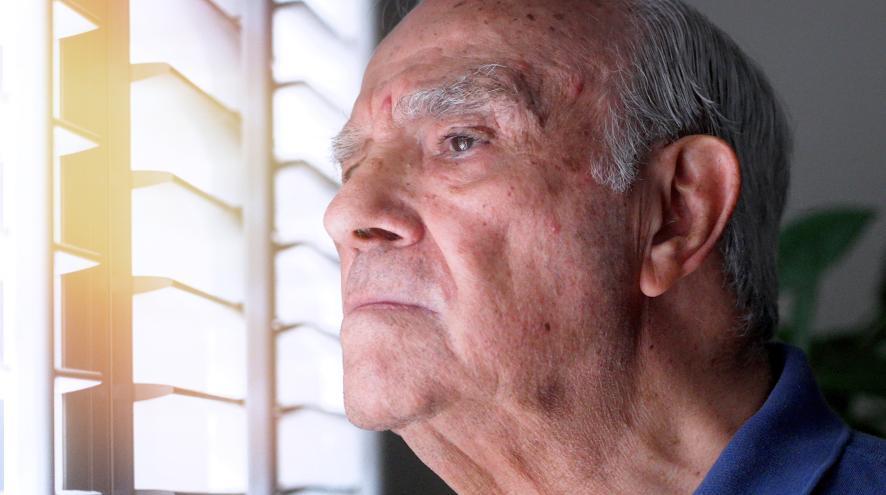Understanding Delusions & Hallucinations
Has the person living with dementia in your care ever believed something that wasn’t true? Like that people are stealing things when it’s really that they are misplacing them or losing them?

Both delusions and hallucination are common symptoms that can happen when someone has any form of dementia. Persons living with Lewy Body dementia are at even greater risk of having false beliefs. The changes in the brain with dementia can often distort the persons reality. It is important to keep in mind that right or wrong it is their reality and we need to assist them with this frame of mind. Telling them they are wrong about their thoughts can upset them or make them feel you are not on their side. If they feel someone has stolen form them, when you deny this, it may make them think you are in on the theft and are untrustworthy.
Some of the most common delusions are of persecution I.e. stealing from them, being unfaithful, want to cause them harm. Another form of delusion is misidentification I.e. family member is a stranger, confusing people for each other, others are living in their home, things on TV are real, images in mirrors are real, deceased family members are still living.
Hallucination involve seeing, hearing, feeling smelling, tasting something that is not there.
Remember these events are very real to them; so if we can’t correct and bring them back to reality, what can we do?
Respond to the emotion, connect with them reassure them that you are listening and hearing them, then attempt to distract. Distracting may include: bringing up their favourite topic, moving to a new location, introducing music, getting them to focus on an object or activity.
Important note for care:
If the person’s hallucinations involve multiple senses, seek medical help immediately, as this can be a sign of serious illness. Other alerts to watch out for are:
- frighten to the person
- last a long time
- happen often
- more confused than usual (it may instead be delirium which needs medical treatment)
Possible causes
- Sensory changes (hearing and vision diminishes)
- Medications or physical illness
- Unrecognized environment or caregivers, inadequate lighting
- Disruption of routines
- Removal of items from the person (i.e. money or jewellery)
Tips and strategies
- Meet with the person's physician to review medications and schedule hearing and vision tests.
- Seek medical evaluation for illness, infection, bowel impaction, UTI etc.
- When a person experiences suspiciousness: look for lost articles and remind them where the valuables are stored.
- Don’t scold for losing or hiding things and keep a spare set of frequently lost items (if possible).
- Investigate suspicions that might be true.
- Increase lighting in the room.
- Do not directly disagree with a false idea.
- Use physical touch as reassurance.
For more information, click here.
